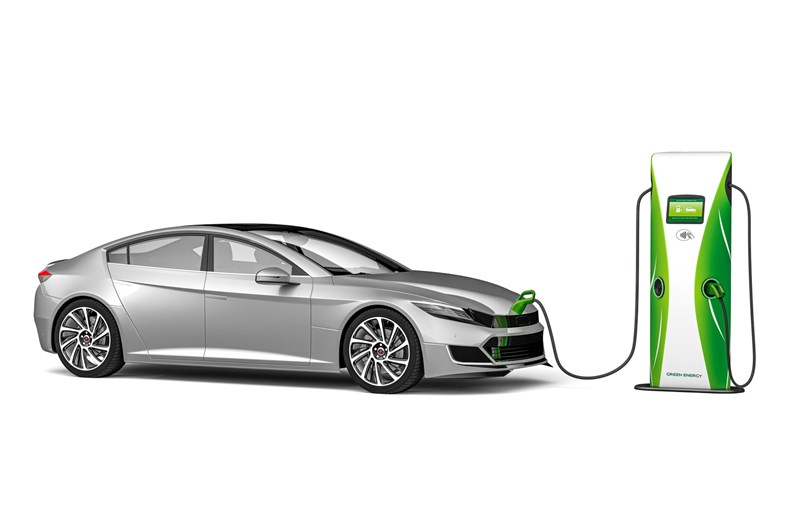Q. An owner in our condominium has asked the board for permission to install an electric vehicle charging station in his garage unit. This would require some infrastructure changes to the electrical system for the association. What sort of issues should the board consider in making a decision?
—Charging Ahead
A. “When association boards are presented with a unit owner request (for an electric car charging station or otherwise), there are three primary considerations: 1) compliance with the association’s governing documents; 2) compliance with applicable law; and 3) the overall protection and best interests of the association,” says Gary M. Daddario, partner at Marcus, Errico, Emmer & Brooks, PC in Merrimack, New Hampshire.
“The first consideration requires a review of the governing documents for any language relevant to the topic at hand. Is the requested item prohibited? If it is allowed, what process (e.g., vote, approval, requirements) must be followed? The second consideration requires a review of your state’s association statute as well as any municipal ordinances or bylaws. Again, based on the language relevant to the topic, is the requested item prohibited? If allowed, what are the requirements to be met? As to the third consideration, boards should analyze whether the requested item is a good fit for the association. Factors to consider include things like available physical space, safety and whether or not the requested item will result in increased risks or expenses to the association and, if so, how they will be handled.
“Practically speaking, if a request is to be granted, appropriate legal measures should be taken. Whether the situation calls for an easement, a limited common area agreement, or something else, an executed agreement between the association and the unit owner is necessary to memorialize the terms and make enforceability clear if the need arises. Typically, such agreements will have provisions governing the scope of work, the licensure and insurance requirements of contractors performing work, any additional ongoing insurance that will be required of the unit owner, responsibility for all expenses (including the association’s legal expenses), indemnification to protect the association from any incident associated with the grant of the request, an obligation to restore any disturbed areas to their prior condition if the owner abandons the requested item, measures for enforcement in the event of a breach of the agreement, and obligations for obtaining any necessary permits, where applicable, for any of the work being performed. Other provisions may also be appropriate depending on the circumstances of a specific case.”







Leave a Comment